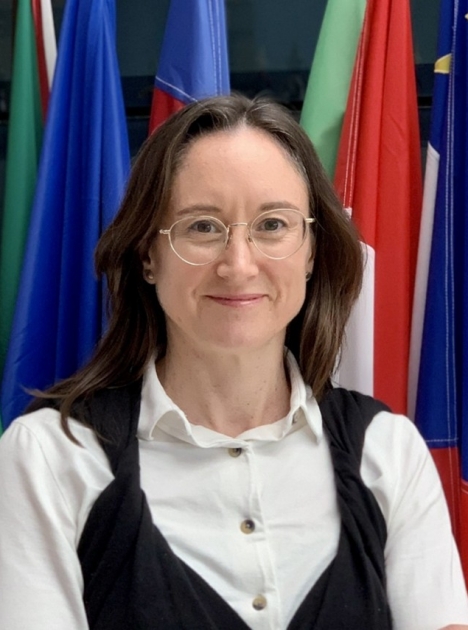Kori Maki-Adair is an emergency management and learning development specialist that joined Animal Health Canada (AHC) equipped with more than a decade of senior-level experience in educational communications, stakeholder relations, research, project and event facilitation in the agriculture and agri-food sector.
With a career focused on issues and risk, health, safety and crisis management, Kori prepared for her position with AHC through a variety of mission-critical roles supporting industry, federal, provincial, territorial and municipal partners that provide essential programs, resources and services to Canadians—including seven years in strategic communications as an industry-government liaison for the national livestock traceability system for beef and dairy cattle, bison, sheep, goats and cervid.
Kori applies her BA (Honours English), surgical nursing background and field deployment as an active Canadian Red Cross Reservist to inform and level-up her science, tech and training-based skills and responsibilities with AHC.
As a proud member of the Cree Métis Nation, Kori feels fortunate to live, work and play on the traditional territories of the Blackfoot Confederacy (Siksika, Kainai, Piikani); the Tsuut’ina; the Îyâxe Nakoda Nations; the Métis Nation (Region 3); and all people who make their homes in the Treaty 7 lands of Southern Alberta.










